Now Viewing: Grade 8
In Grade 8, students study United States history from Colonial America until Reconstruction. Students investigate conflict and compromise in a growing nation, the emergence of American identity, and the struggle for freedom, equality, and justice over time using disciplinary tools and resources that support planning and developing inquiries, evaluating historical sources, and communication of knowledge and ideas about the nation’s history. (Connecticut Elementary and Secondary Social Studies Standards)
Course Questions
• How are democratic ideals reflected in the history of the nation?
• In what ways has the national identity of the United States been shaped over time?
Course Topics
1. Origins of United States Democracy and National Identity
2. Expansion, Influence, and Economic Growth
3. Civil Unrest, Civil War, and Reconstruction
View the Connecticut Model Social Studies Curriculum for Grade 8 (GoOpenCT)
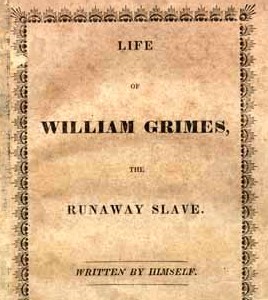
Learning from the “Life of William Grimes, the Runaway Slave”
What can we learn about the experience of being a freedom seeker from William Grimes's life and autobiography?
Learn More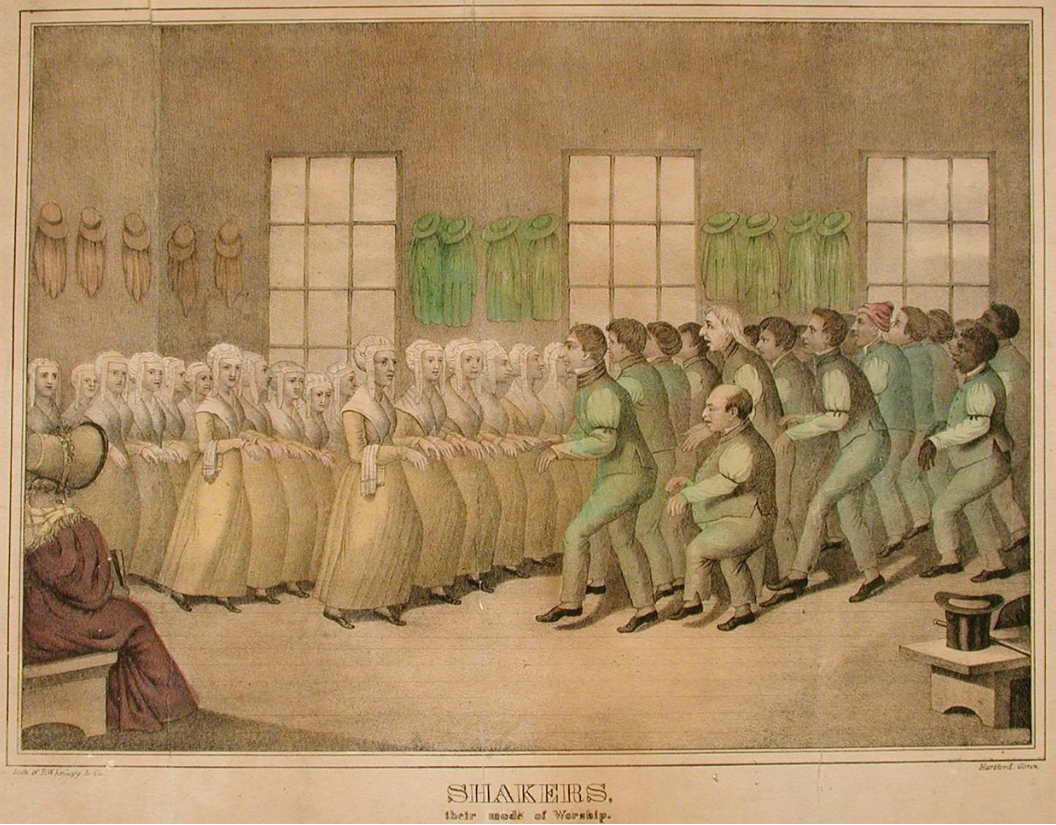
Connecticut’s Utopia: The Enfield Shaker Community
To what extent is a “perfect society” attainable?
Learn More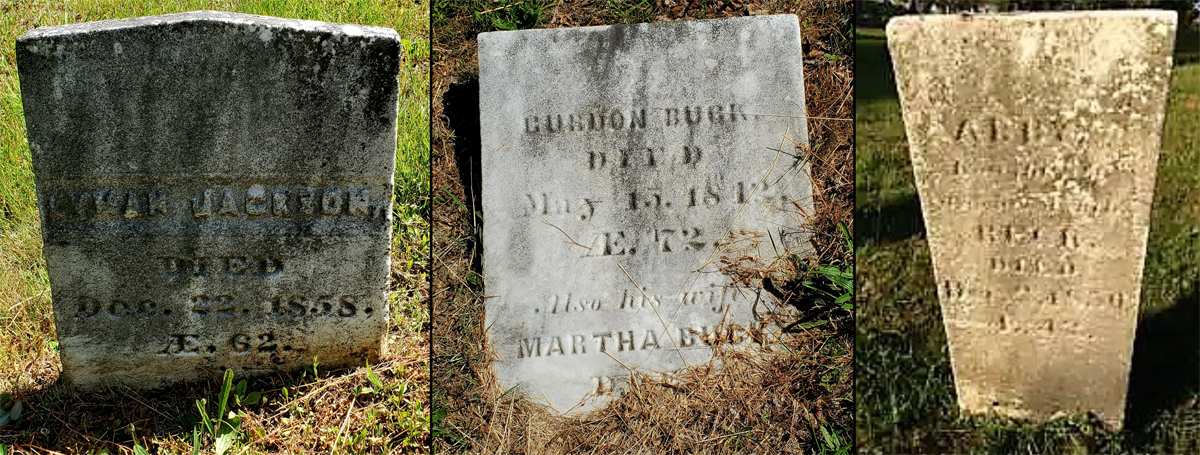
The Struggle for Equality: Black Burials in the Old Willimantic Cemetery
To what extent did burial practices reflect the status of enslaved people and free Black people in Connecticut?
Learn More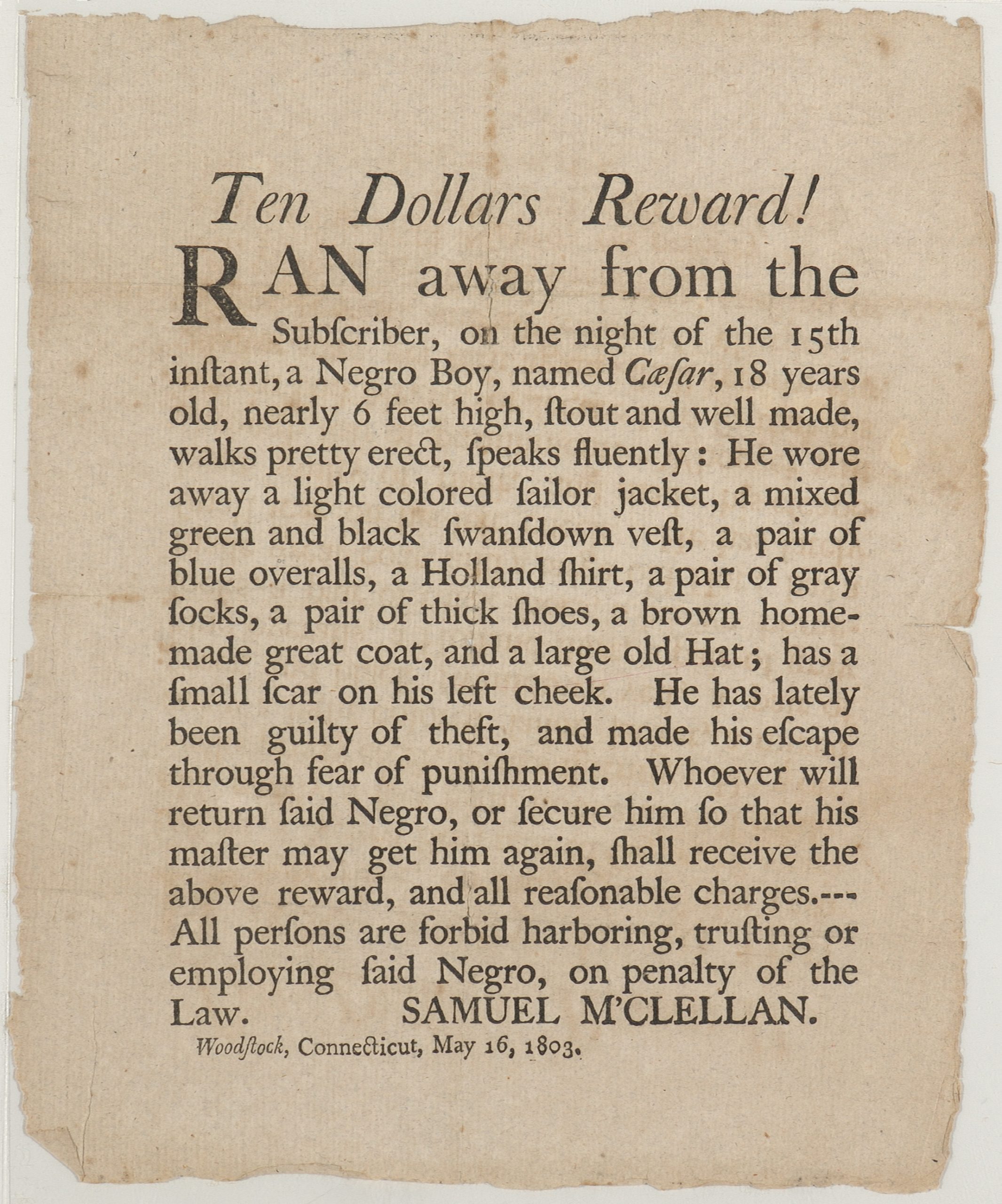
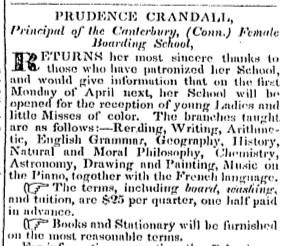
Anti-Racist Allies and Accomplices in Connecticut History
In what ways are both anti-racist allies and anti-racist accomplices important in the struggle for social justice?
Learn More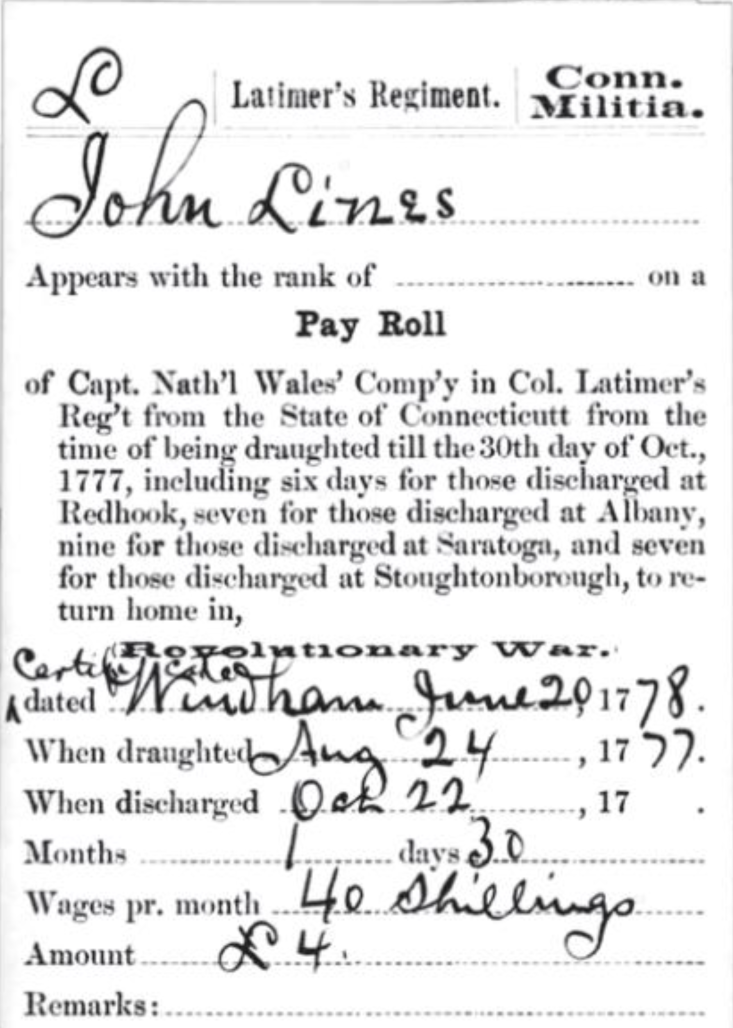
Telling Their Stories: African Americans in the American Revolution
How do historians reconstruct the stories of people from the past?
Learn More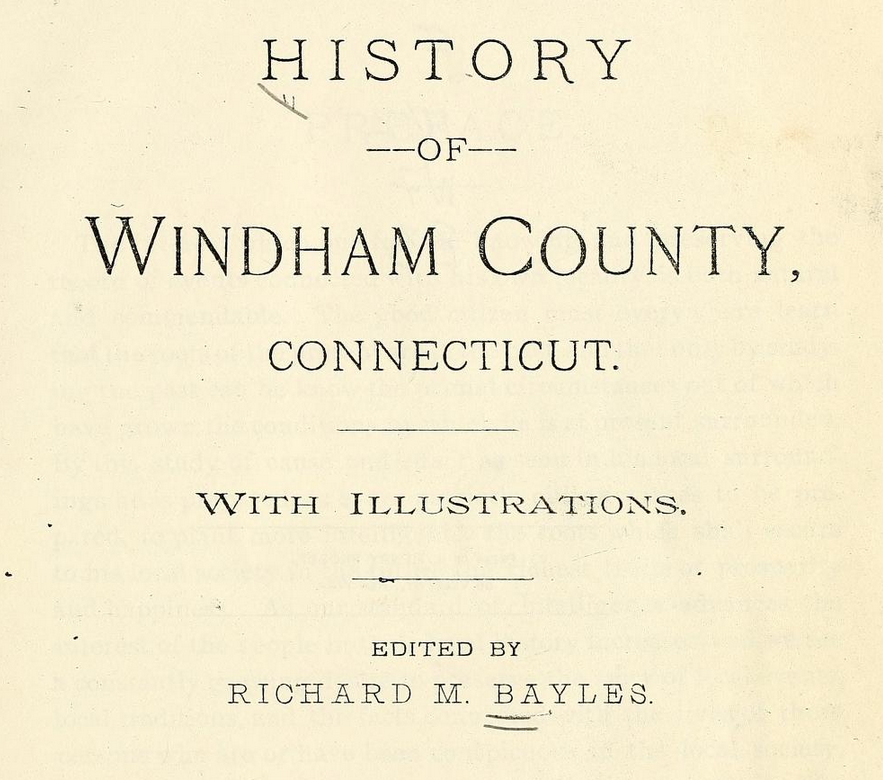
The Role of Enslaved People in Founding Connecticut
Why should enslaved people be seen as “founders” of Connecticut?
Learn More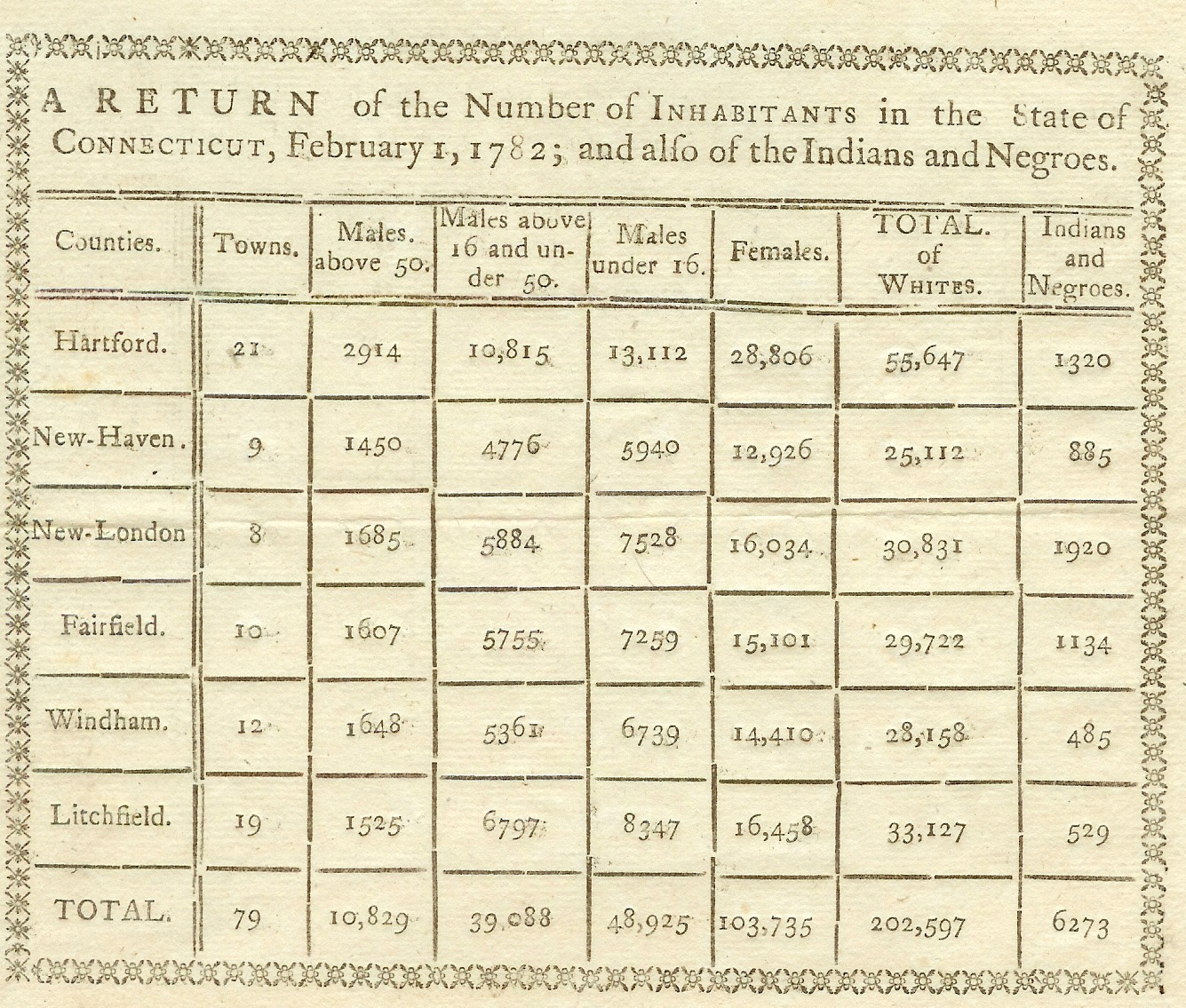
Understanding the Census: Tracking Connecticut’s Black Population
How did attitudes towards slavery and Black Americans change over time in early Connecticut?
Learn More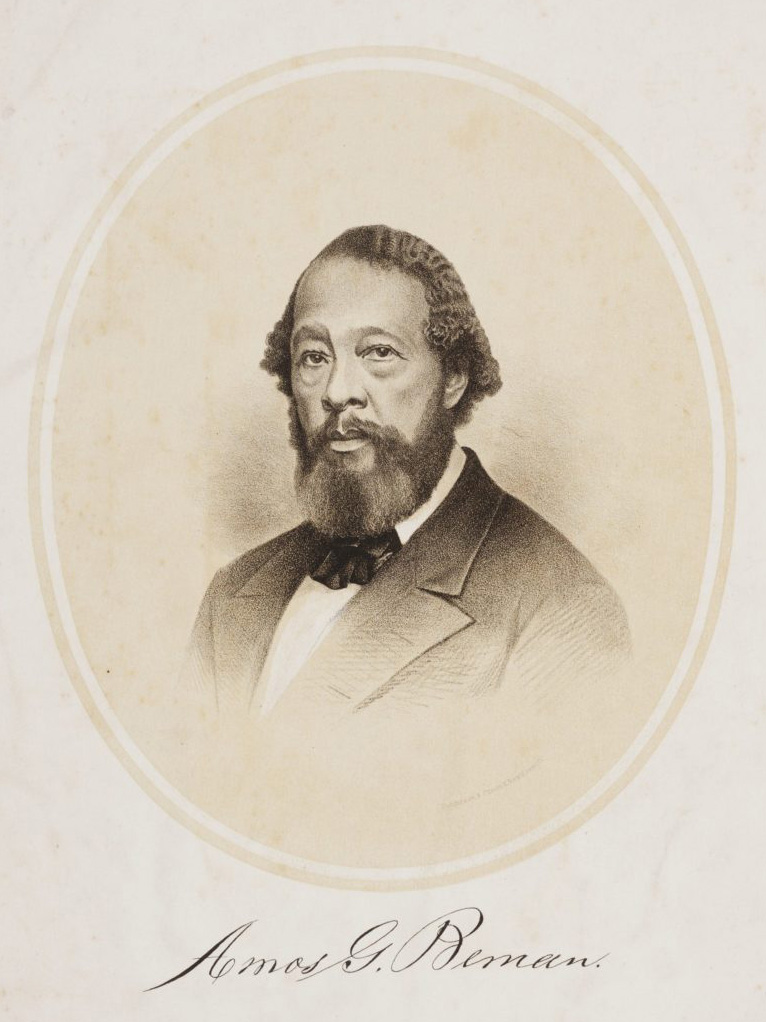
Amos Beman: Freeman, Freedom Fighter, and Agent of Change
How do people become agents of change within systems of oppression?
Learn More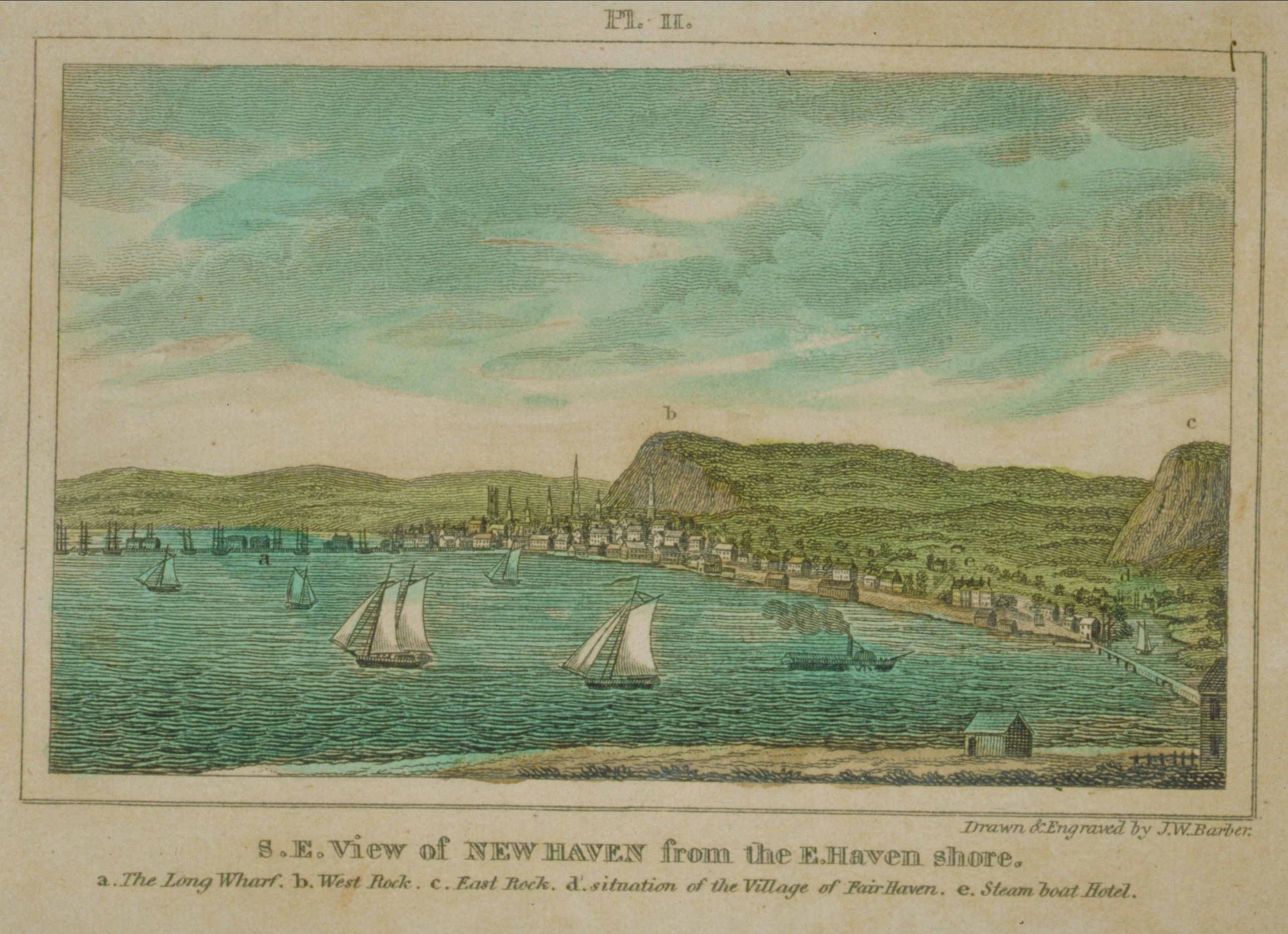
William Lanson: New Haven Entrepreneur, Abolitionist, and Black Governor
In a land of opportunity, how have the successes of African Americans, Indigenous, Latinx, and other People of Color challenged the status quo?
Learn More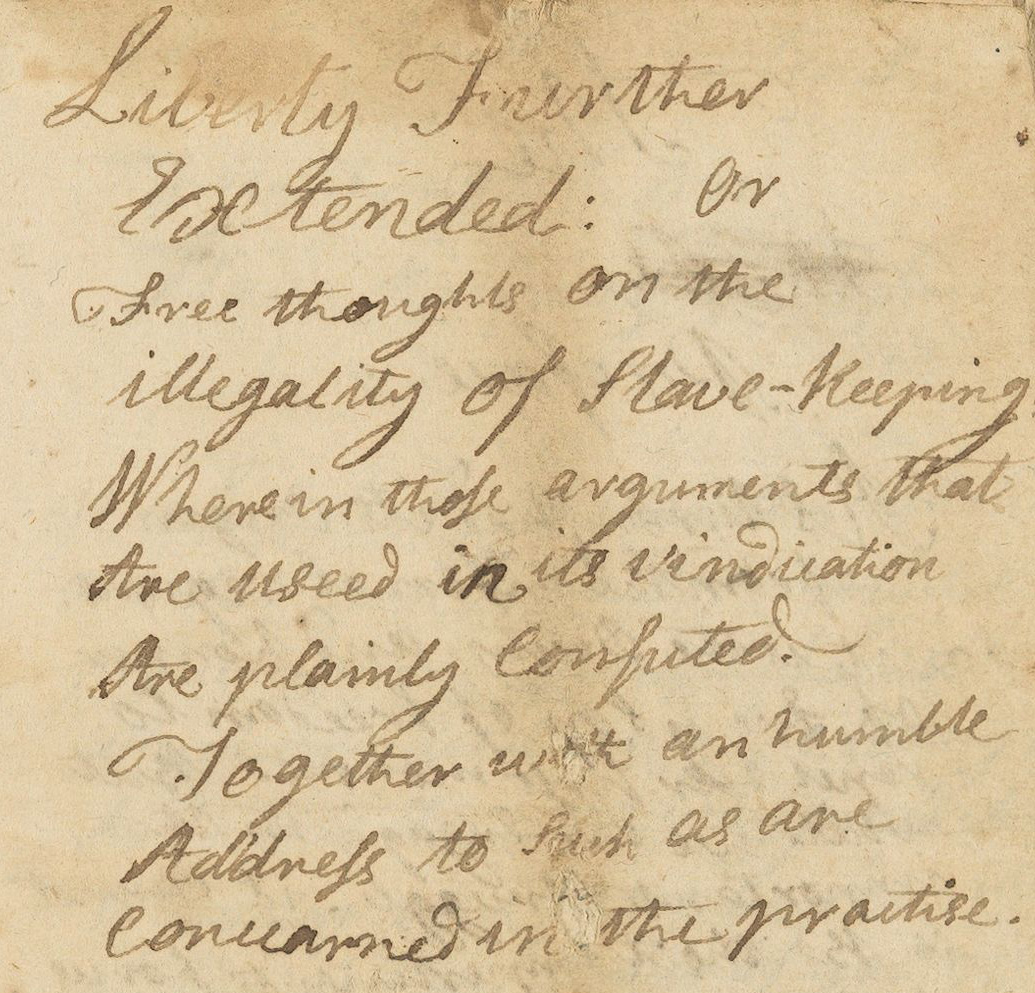
Freedom and Liberty in 1776
What did “freedom” mean at the time of the American Revolution?
Learn More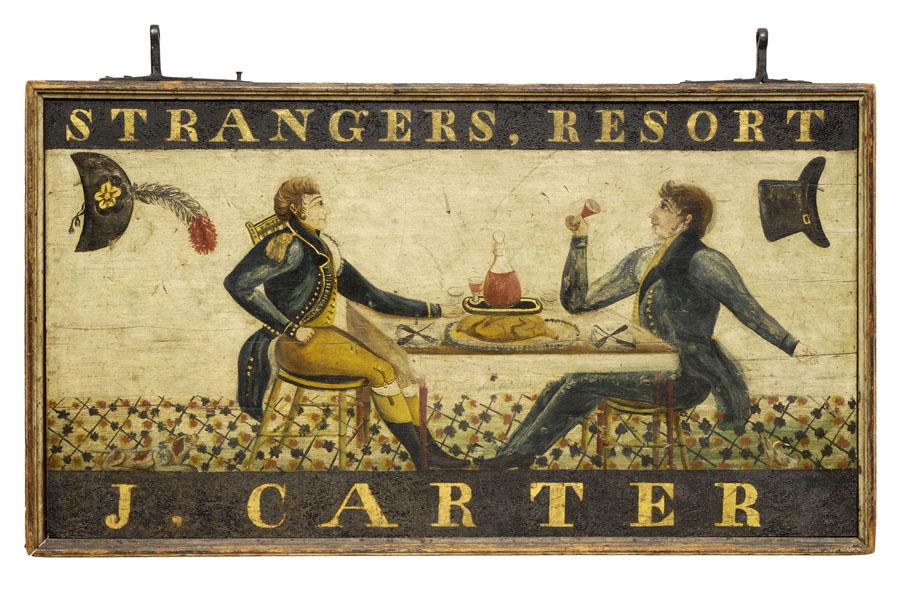
Historic Taverns of Connecticut
What role did taverns play in people’s lives in Connecticut during the late 18th and early 19th century?
Learn More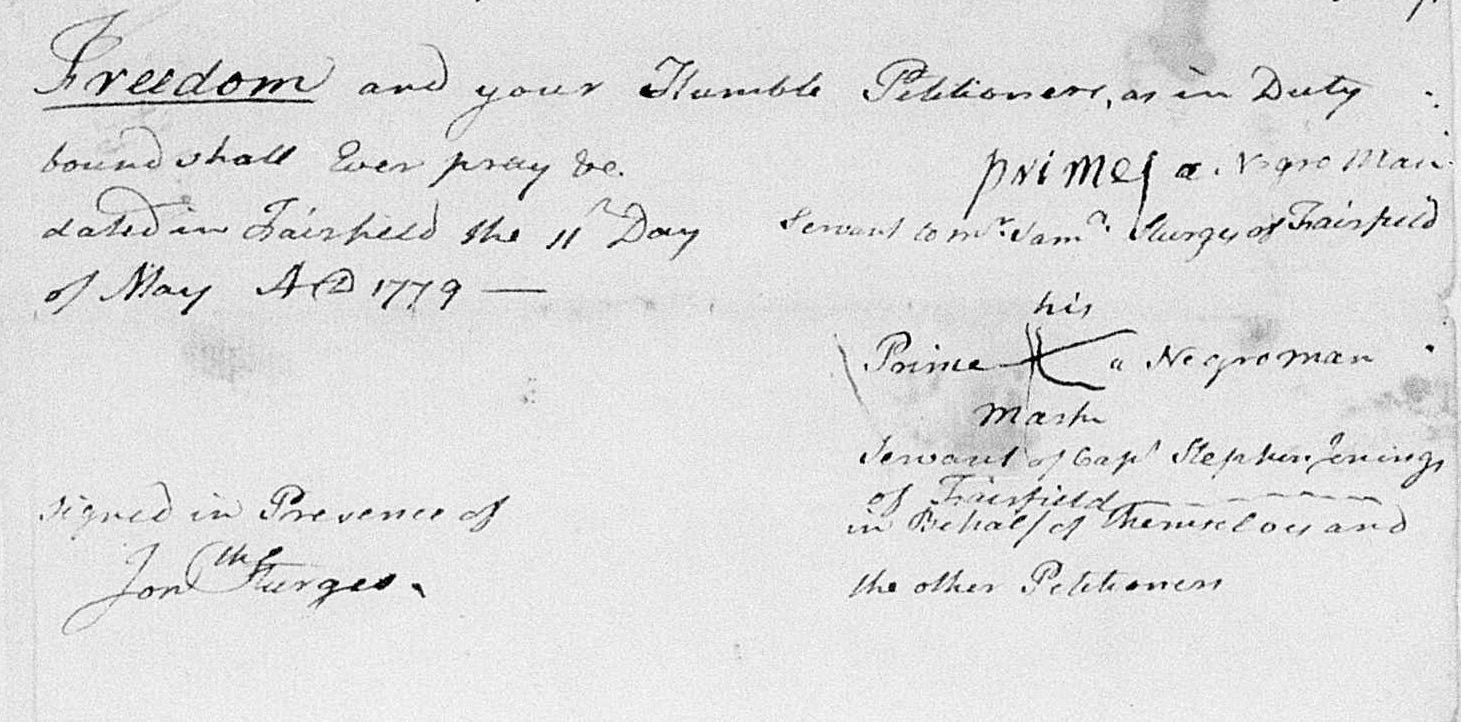
A Petition for Freedom in 1779
How did laws and rules in the colonies both promote and hinder freedom and equality?
Learn More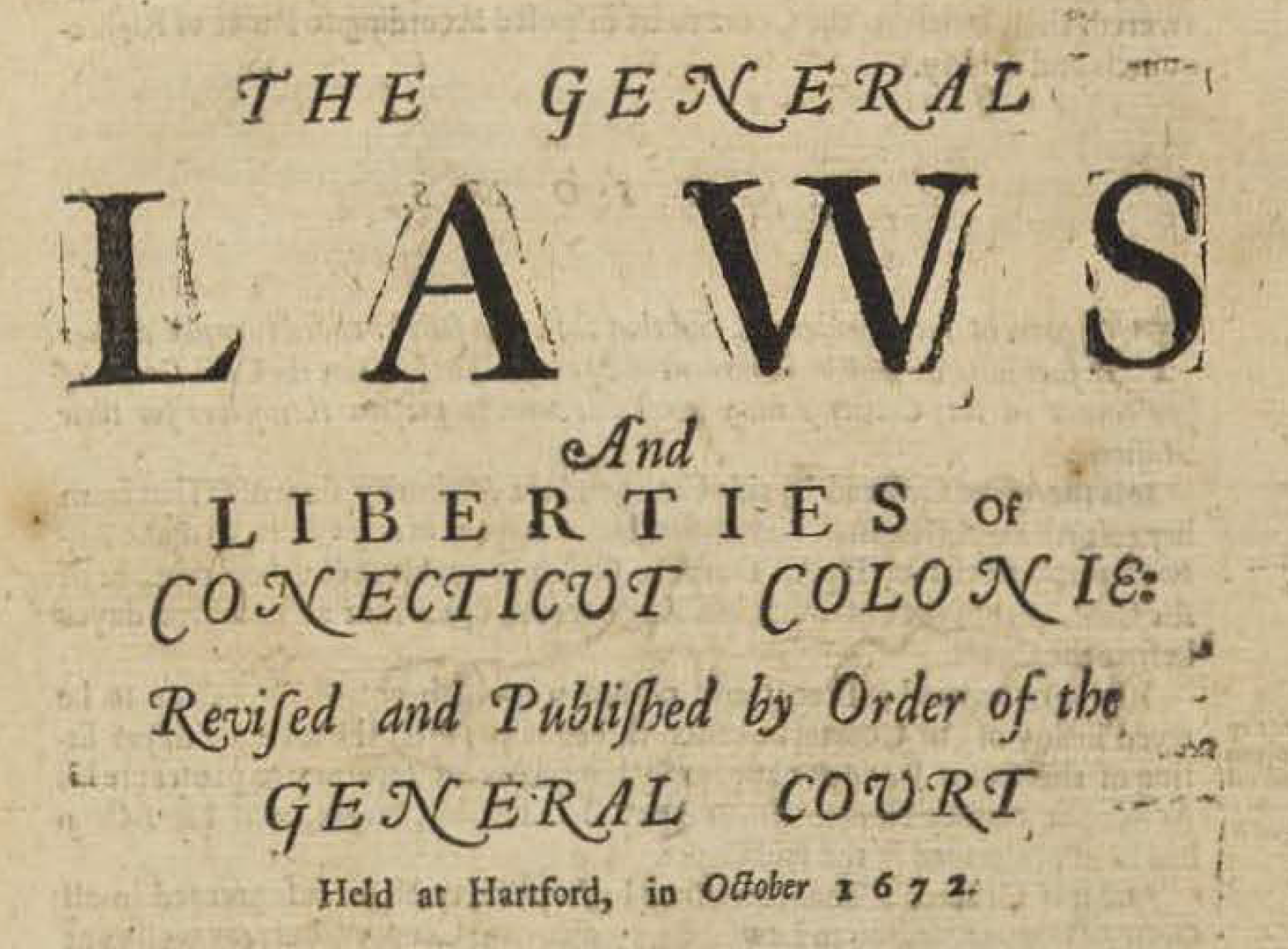
LGBTQ+ History in Connecticut: Colonial Era Laws and Legislation
How did colonial laws marginalize LGBTQ+ individuals?
Learn More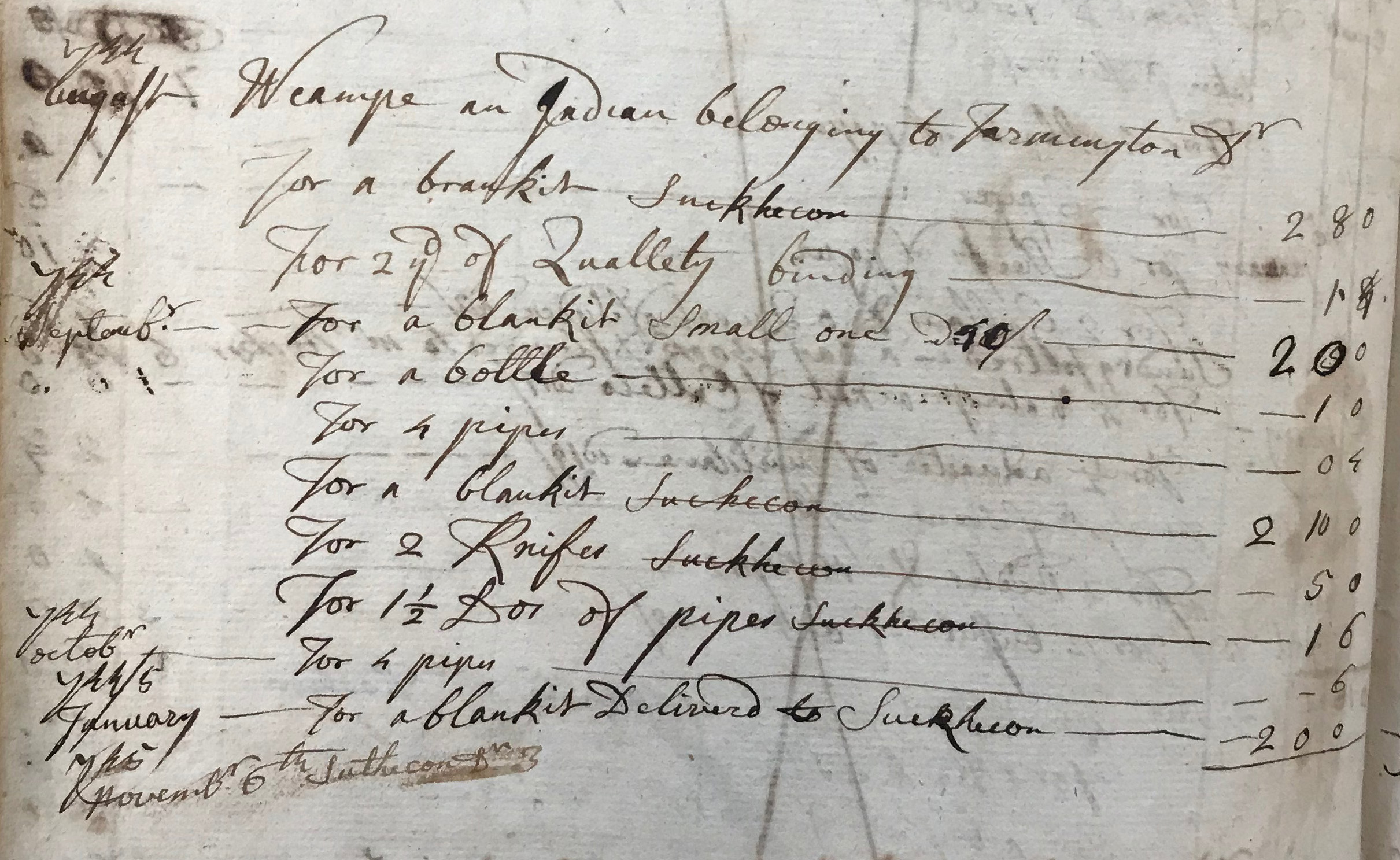
Trade between the Tunxis and the English in the 1700s
In what ways were the English and Indigenous peoples in Connecticut economically interconnected in the mid-1700s?
Learn More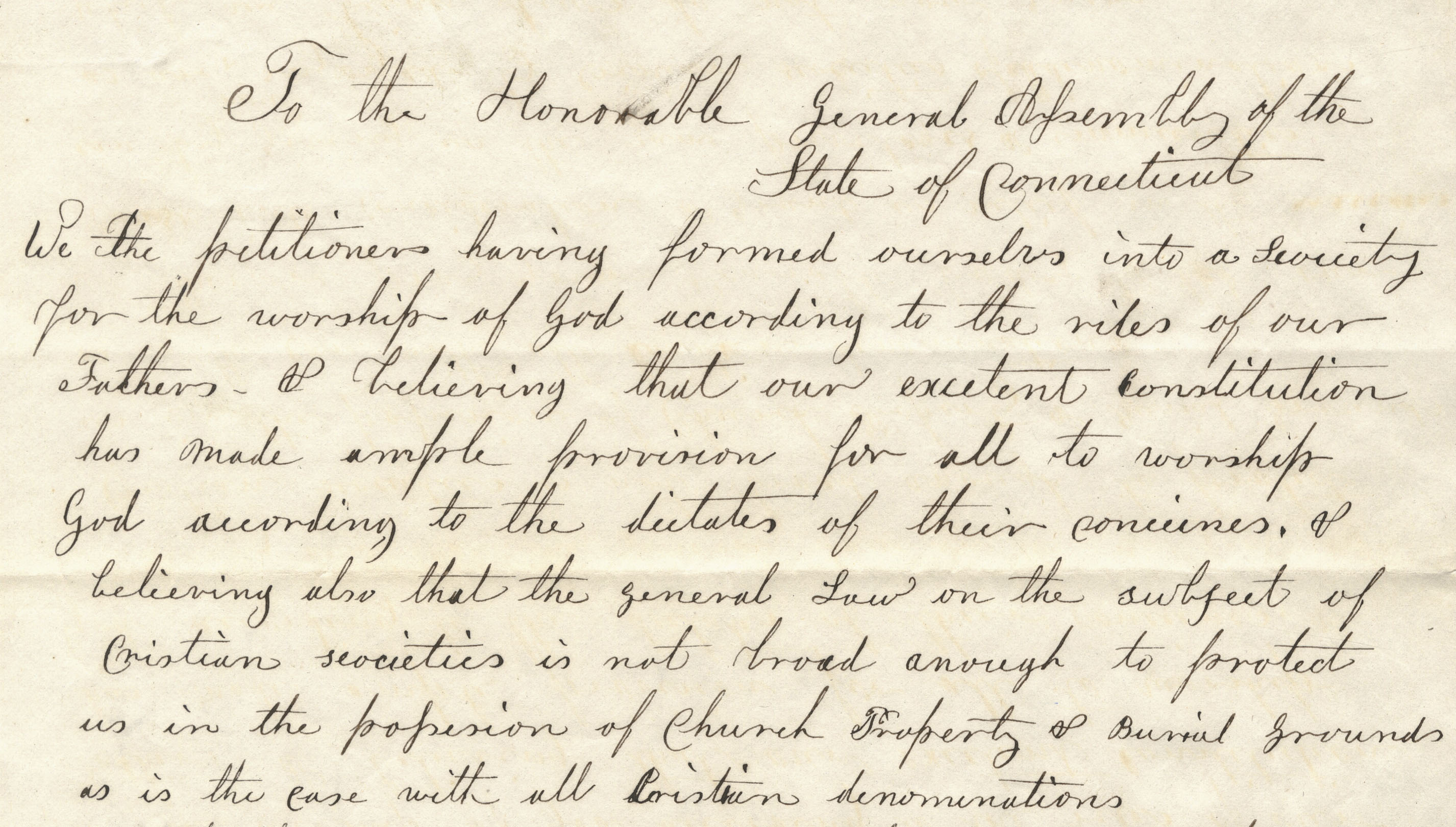
Religious Freedom for Jews in Connecticut
How did Jewish immigrants expand religious freedom in Connecticut?
Learn More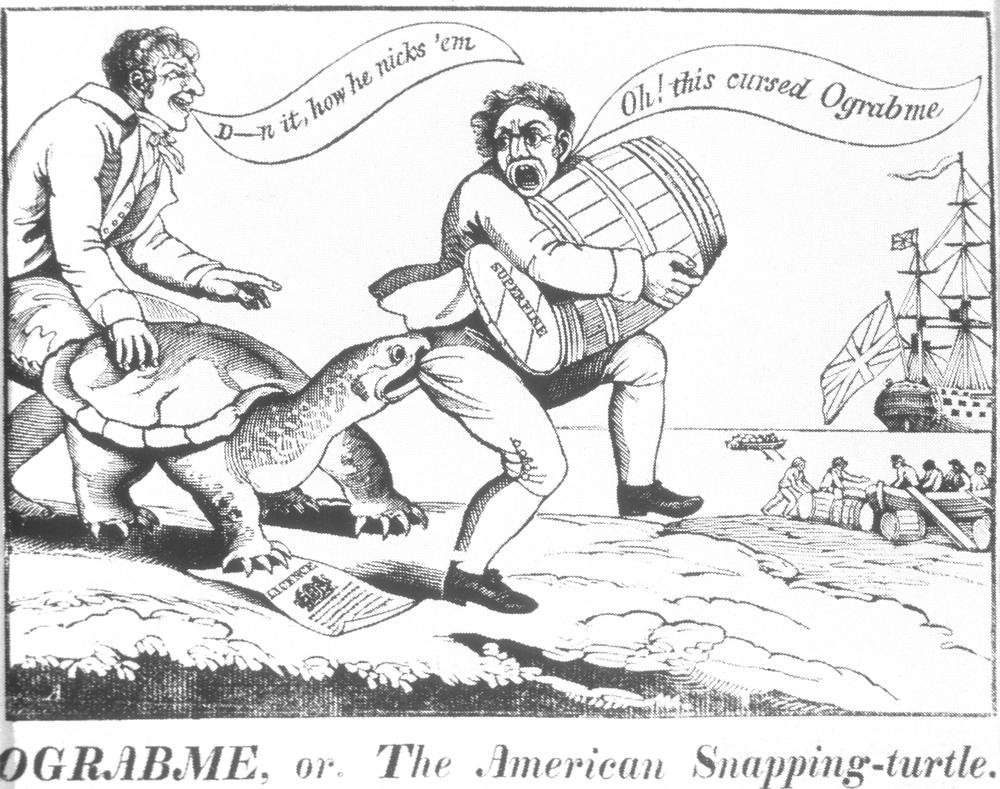
Governor Jonathan Trumbull, Jr. Defies the Embargo Act of 1807
When can a U.S. state refuse to follow a federal law?
Learn More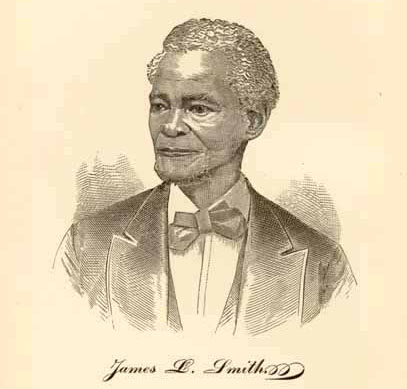
From Freedom Seeker to American Success: James L. Smith in Norwich
To what extent was the North a “land of opportunity” for people of color in the early 1800s?
Learn More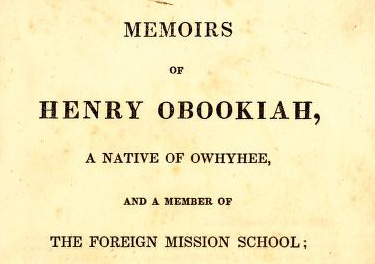
Indigenous Students and Connecticut’s Mission Schools
How can we achieve a better understanding of the past in the absence of primary sources that represent the full picture?
Learn More
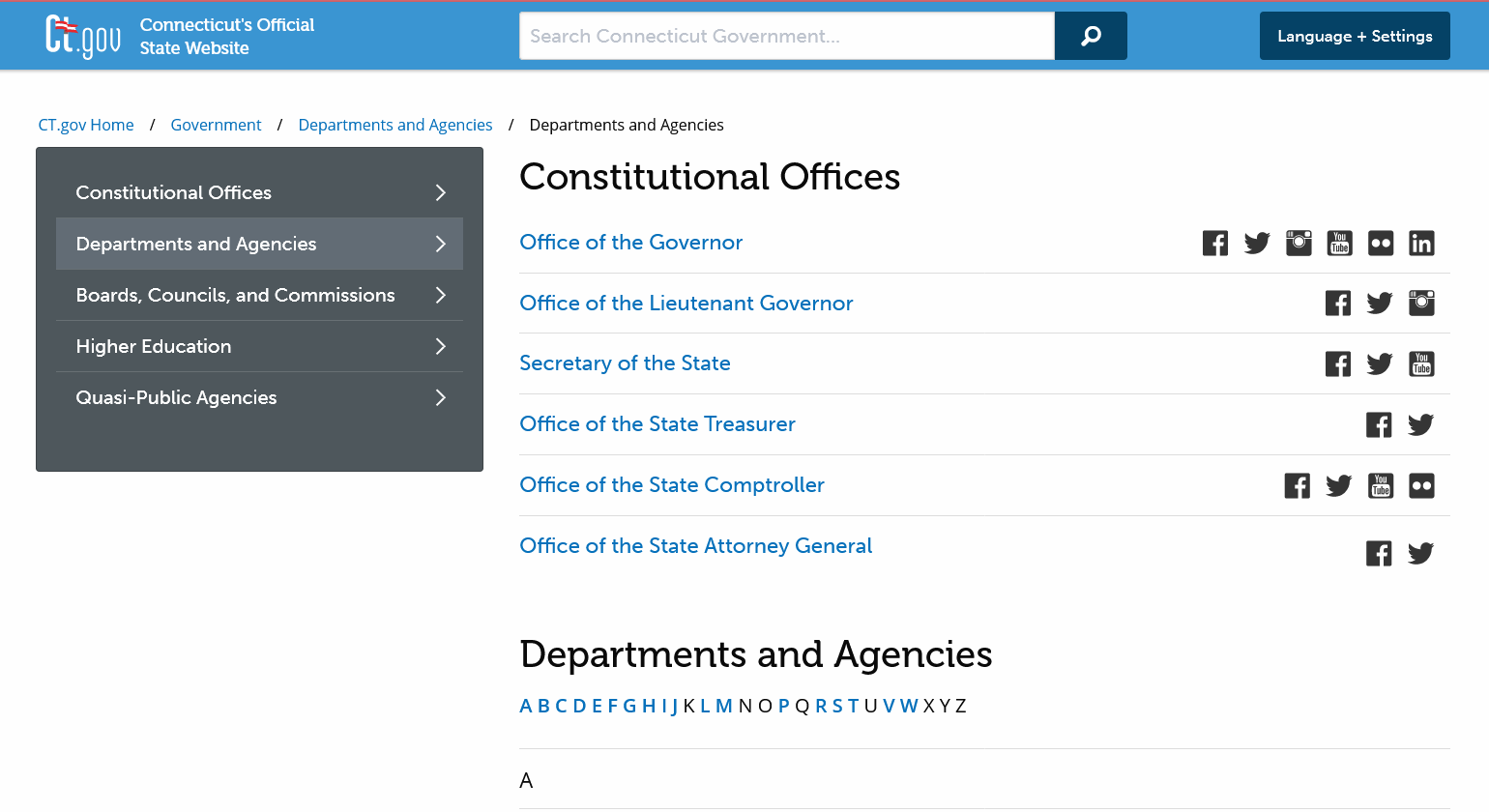
Government is People: Creating a Symposium of Local, State, and Federal Government Speakers
What does the government do?
Learn More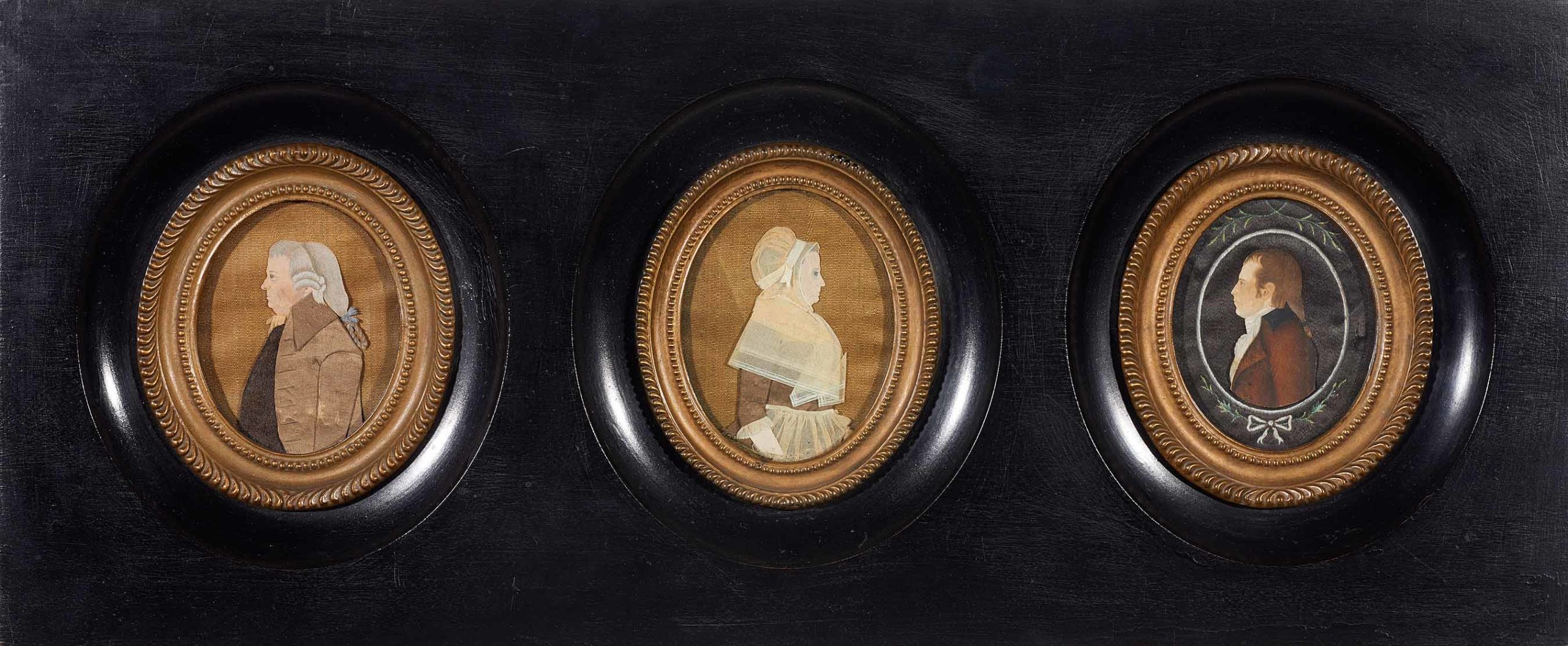
Paving the “Way”: Connecticut Women Artists in the Early Republic
In what ways were women’s professional options linked to their educational opportunities in the late 18th and early 19th centuries?
Learn More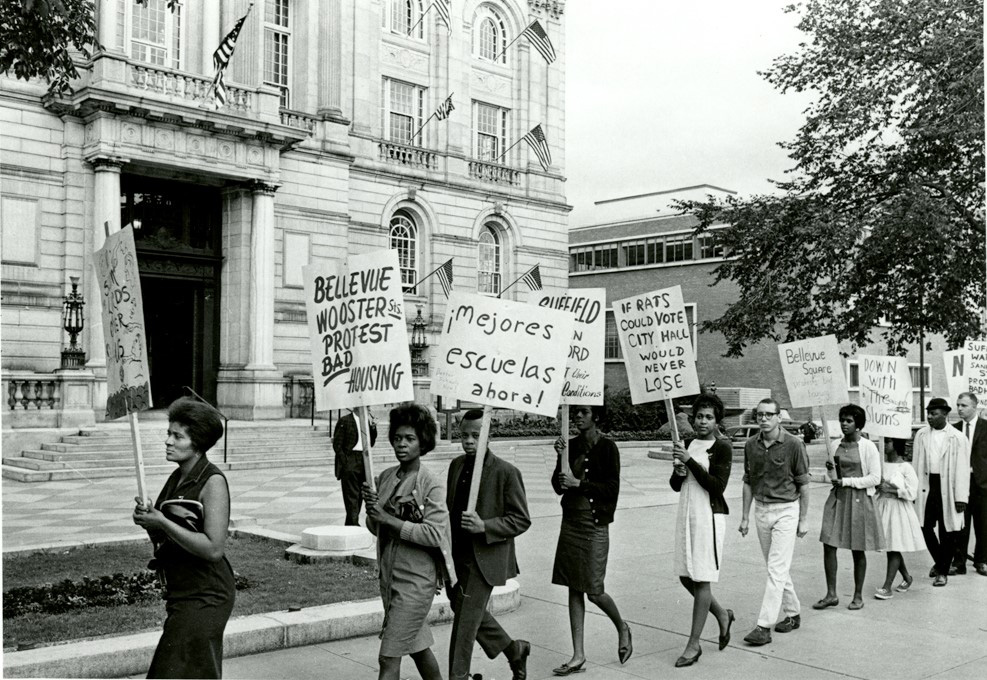
Empowering Students’ “Civic Voices” in Local and State Government: Middle/High
Why is it important that students use their “civic voices” in local and state government to produce positive change?
Learn More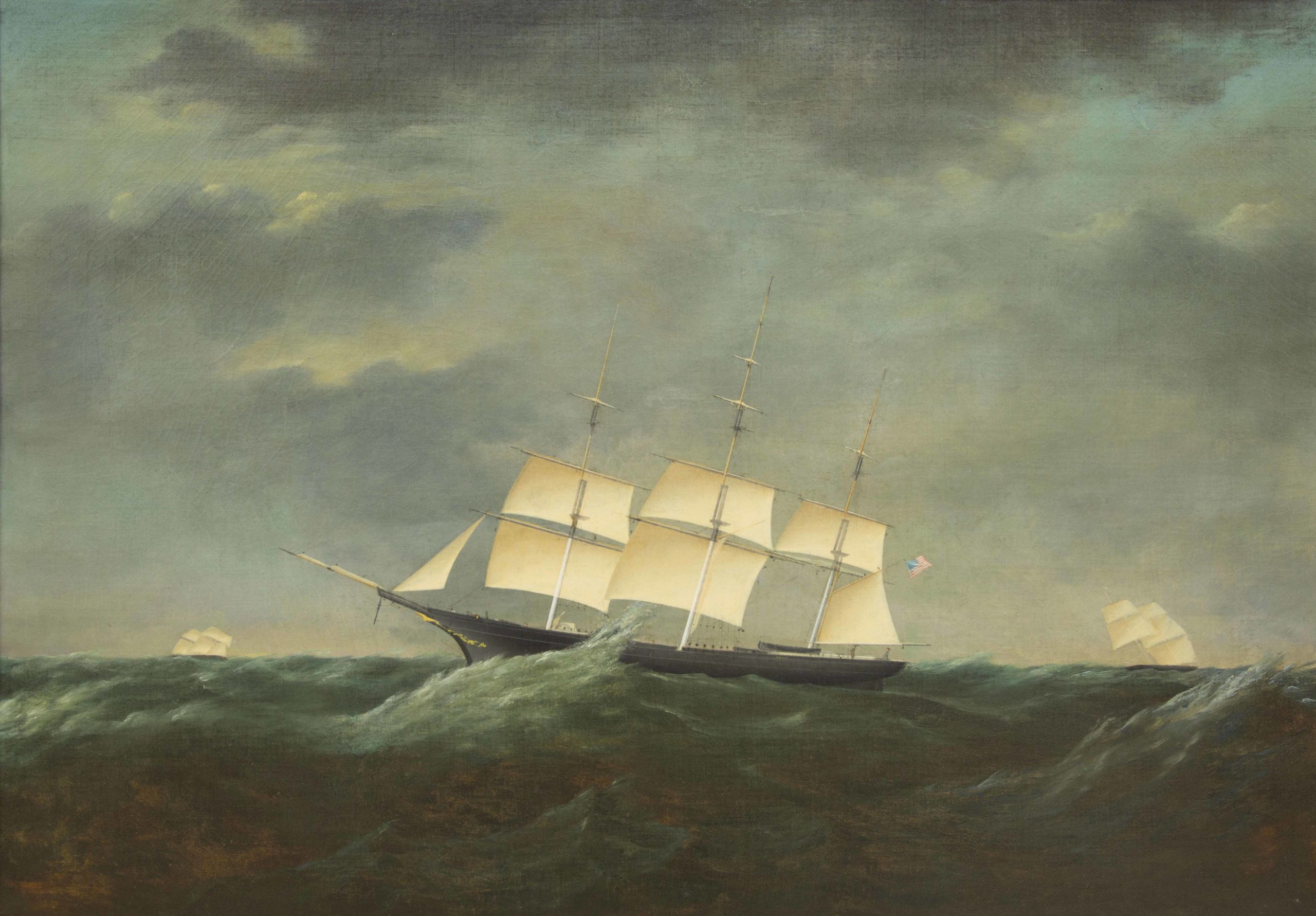
Asian American History in the Civil War Era: Connecticut’s Connection to the Trade in Indentured Chinese Workers
How have American conceptions of freedom and equality changed throughout U.S. history for members of various racial, ethnic, religious, and gender minority groups?
Learn More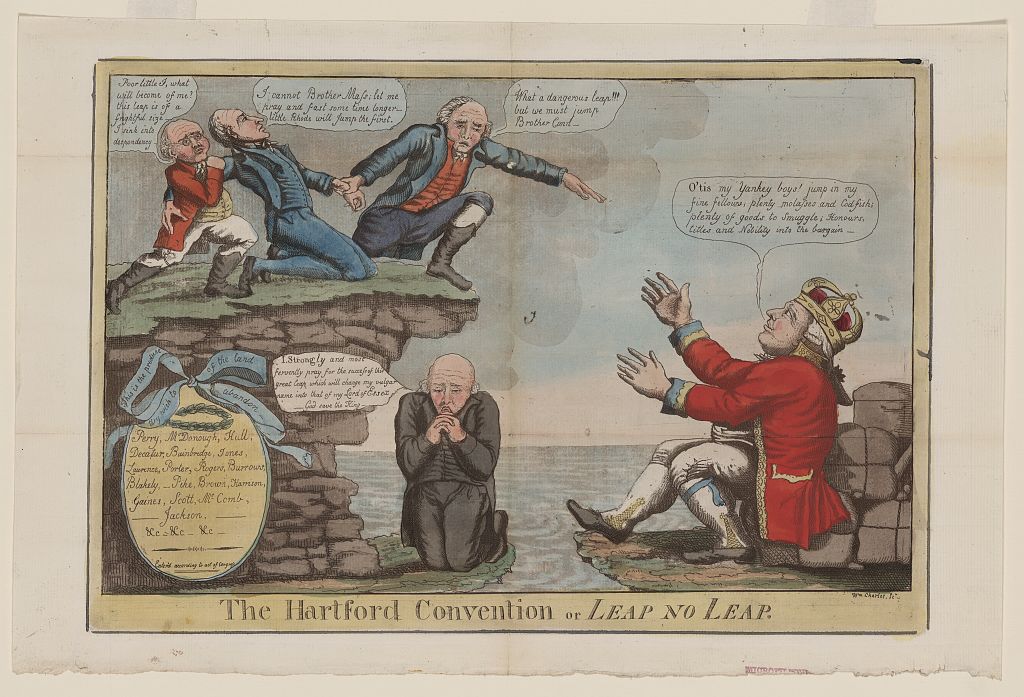
The Hartford Convention: An Act of Treason?
Was the Hartford Convention an act of treason?
Learn More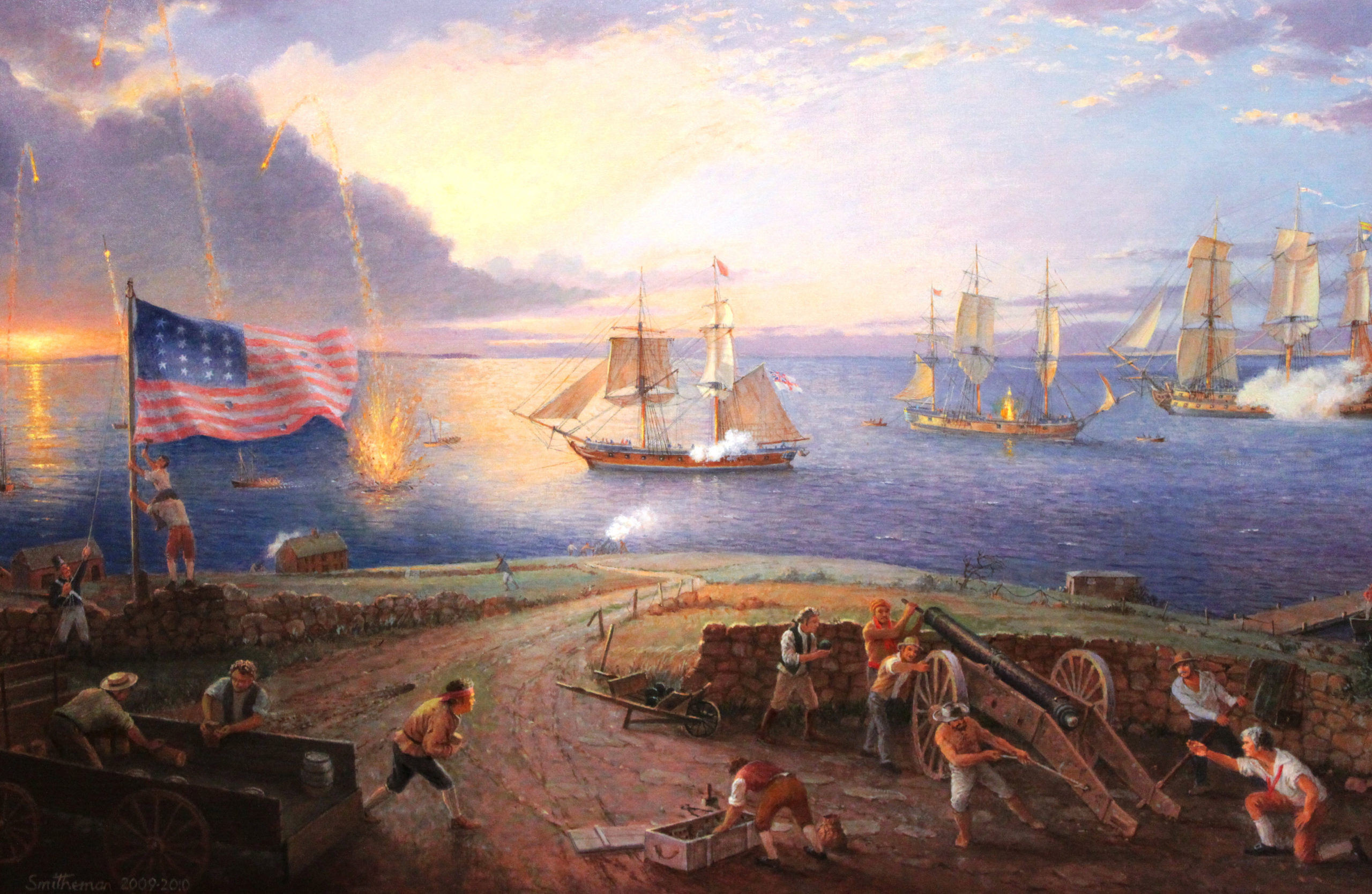
Locals Stand Strong: The Battle of Stonington in the War of 1812
What is the significance of a military victory in the face of overwhelming odds, both at the time of the event and when looking back on history?
Learn More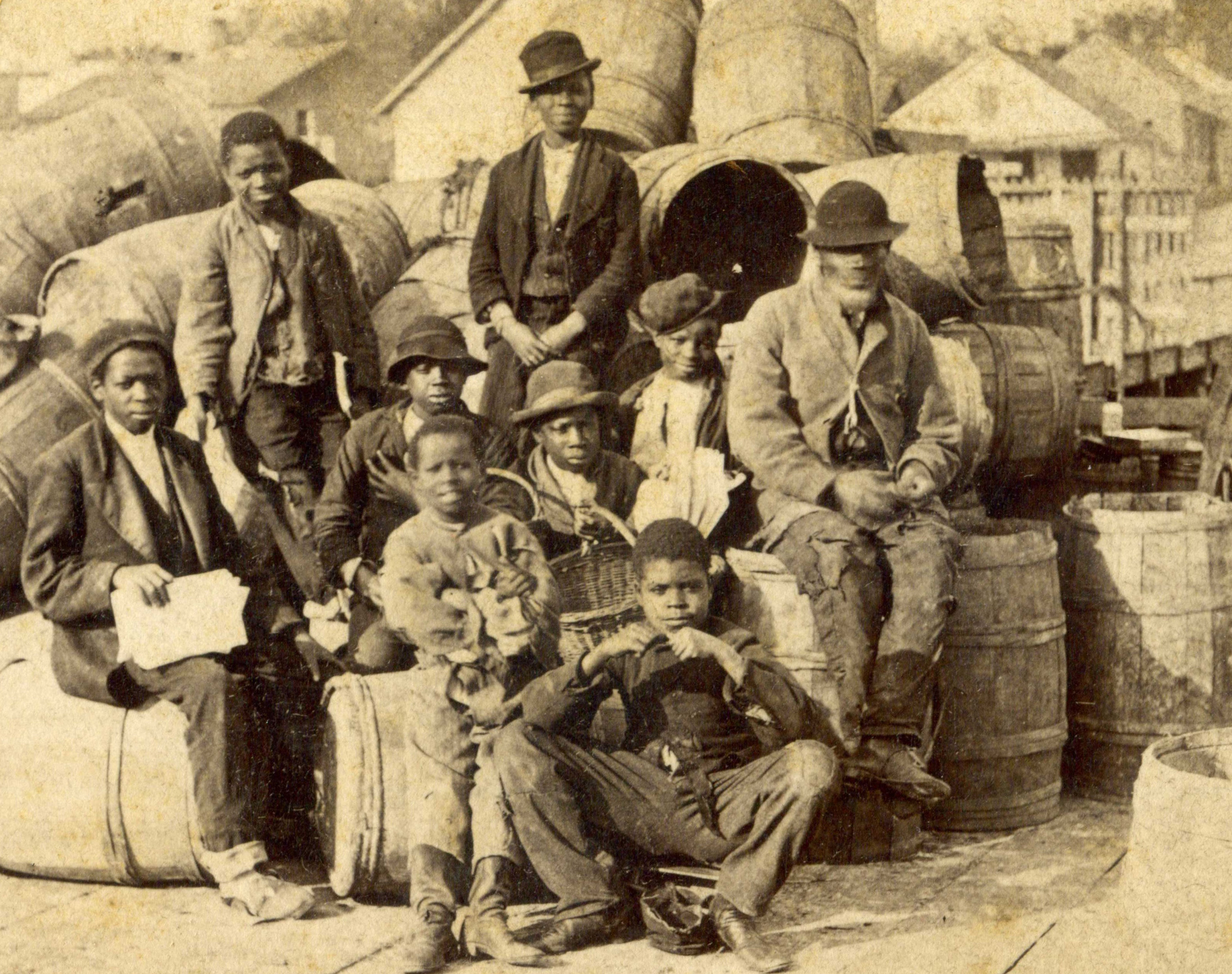
Learning by Looking: Reading a Post-Civil War Photograph
What can we learn from an anonymous historical photograph?
Learn More
Visions of Change: Colt and the Growth of Industrial Connecticut
What impact did industrialization have on people’s lives in the mid- to late-19th century?
Learn More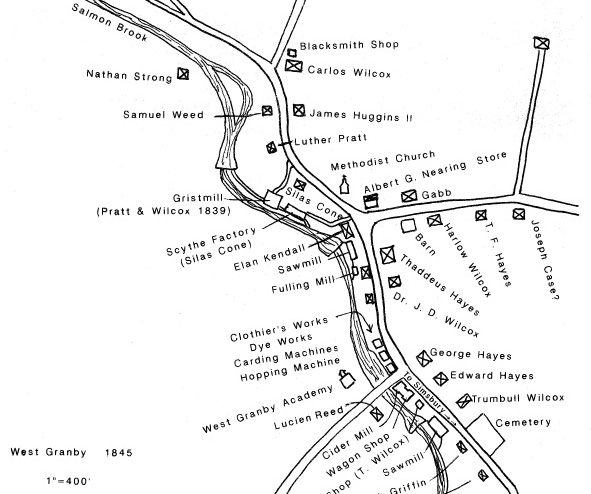
Life Along the Salmon Brook: A Connecticut Town in the Early Industrial Era
How did the Industrial Revolution change small towns in Connecticut/New England?
Learn More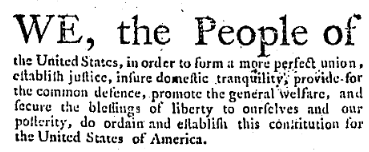
Connecticut’s Ratification of the Constitution
How are decisions made about how a nation should be governed?
Learn More
Who Gets to Vote? History of Voting Rights in Connecticut and the United States
How have the American conceptions of freedom and equality changed over time?
Learn More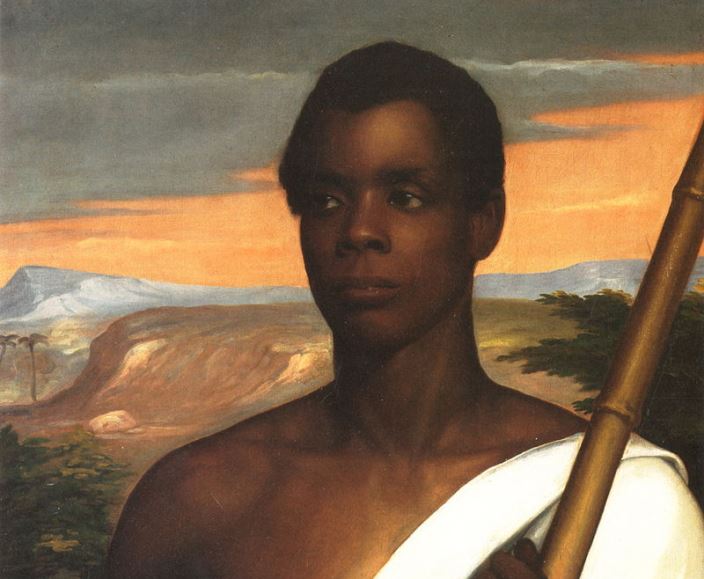
The Amistad Incident and the Face of Slavery
What role did the Amistad incident play in the abolitionist movement in the United States?
Learn More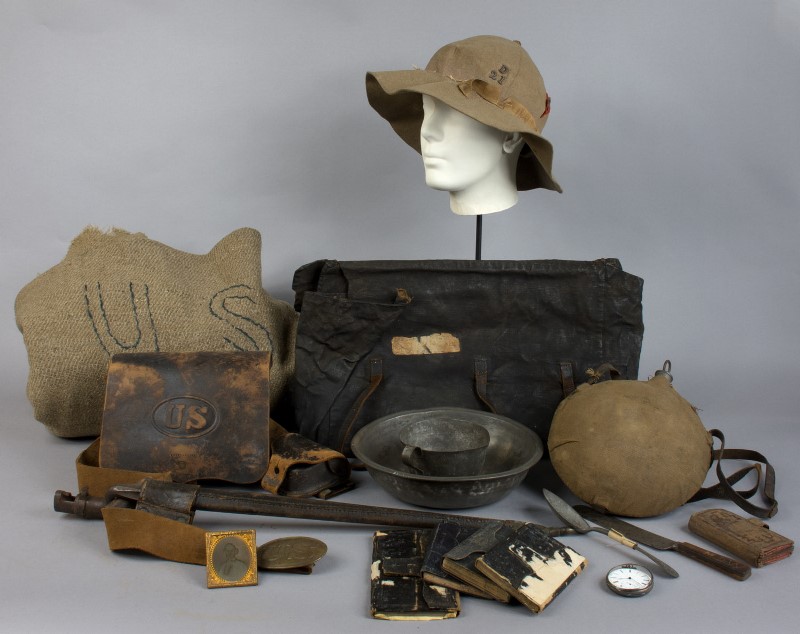
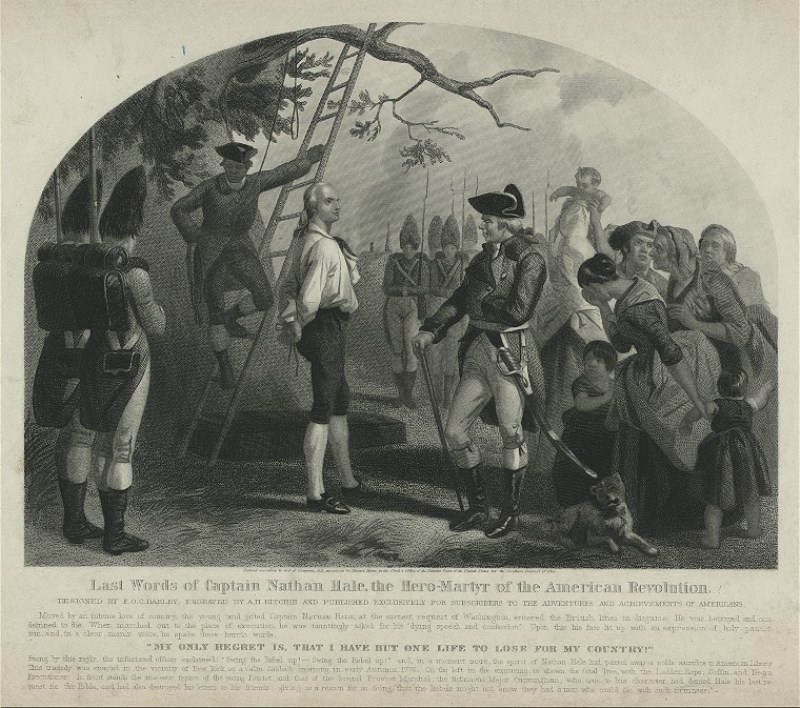
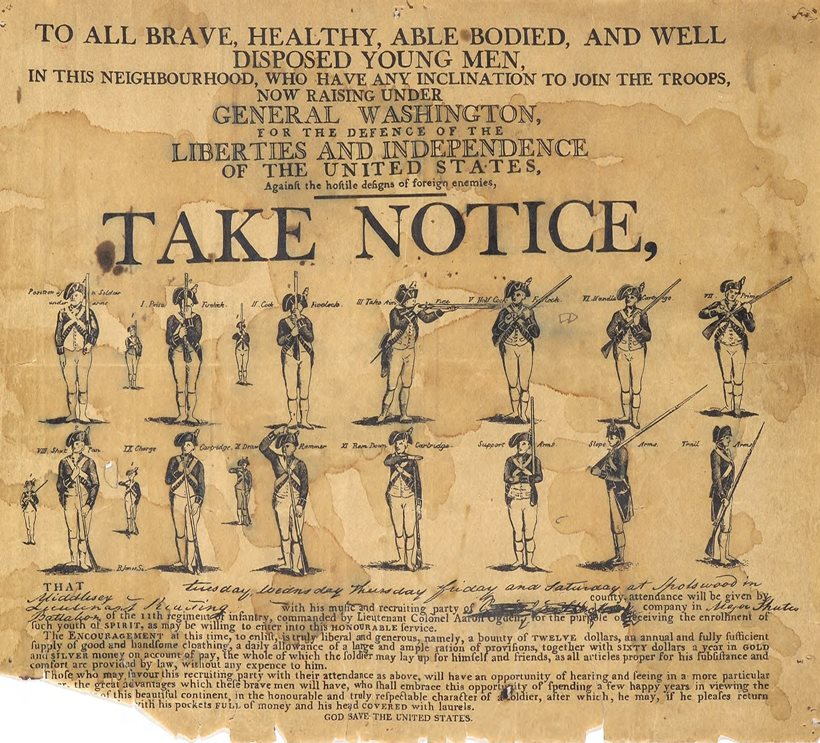
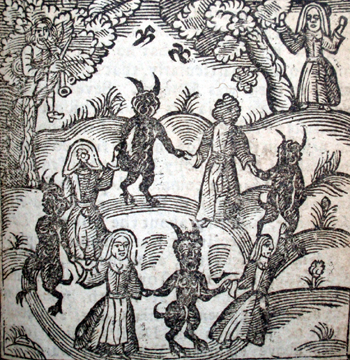
Accused: 17th-Century Witch Trials
What factors led to the 17th-century witchcraft trials in Connecticut?
Learn More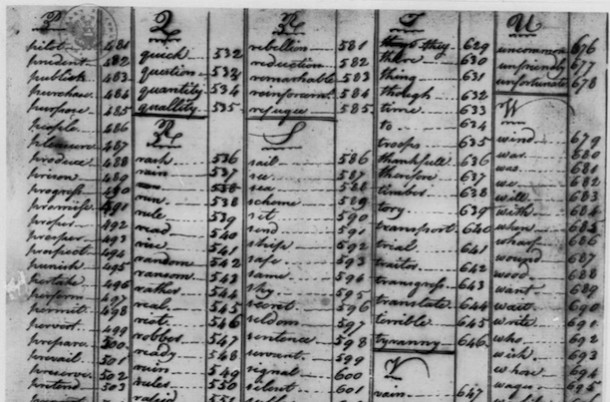
Caleb Brewster & The Culper Ring
In what ways did “ordinary” Americans contribute to the American Revolution?
Learn More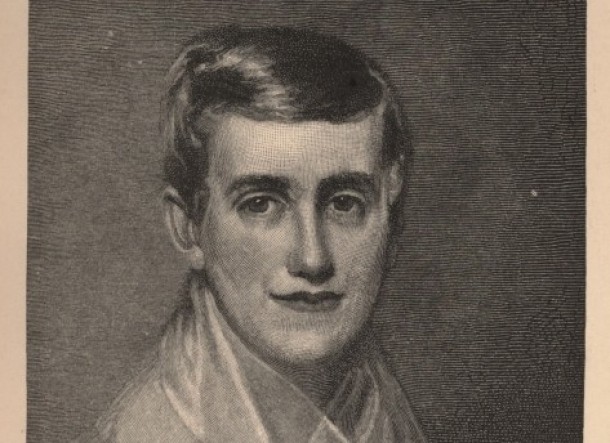
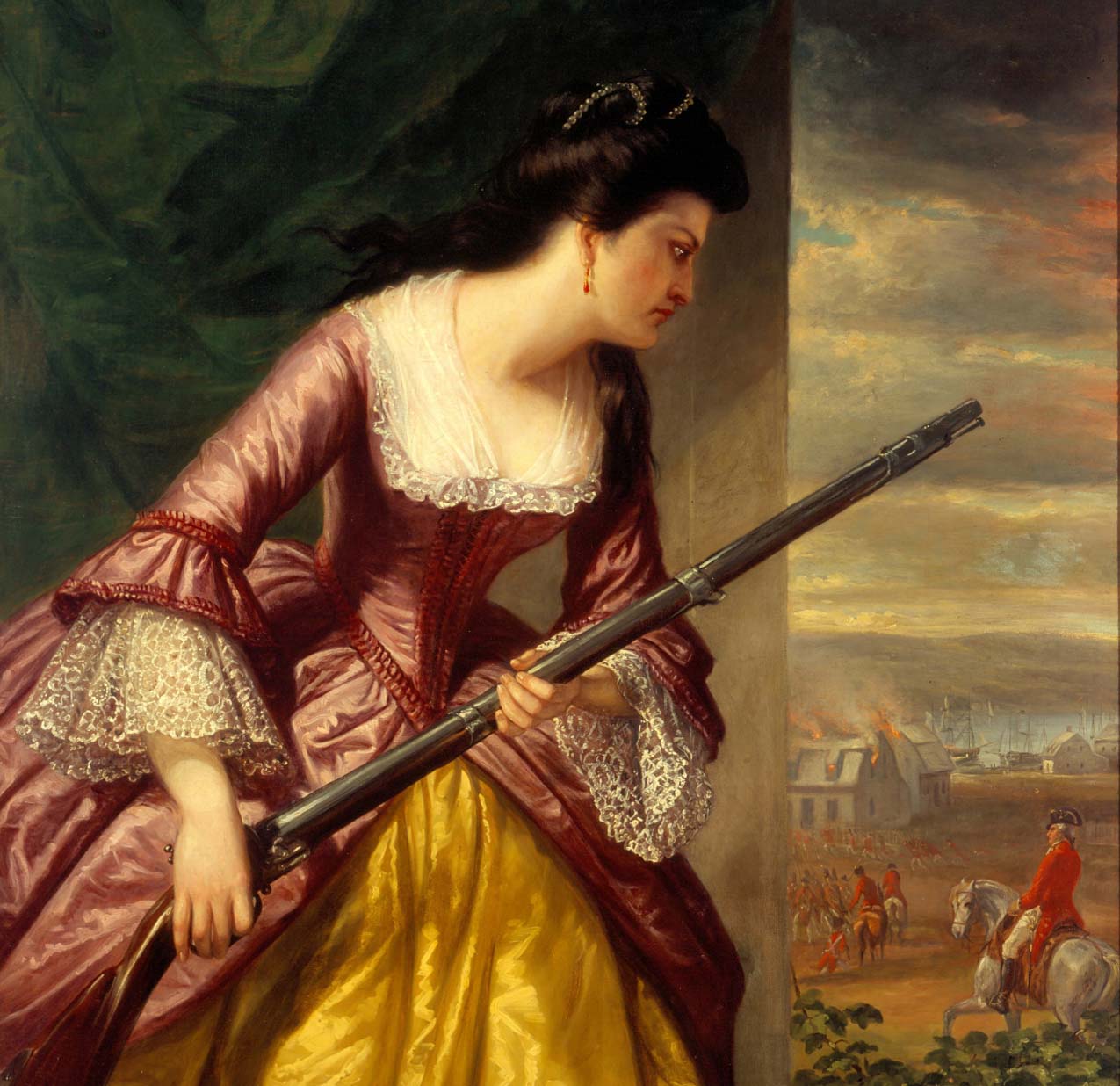
New London’s Role in American Independence
What was Connecticut’s role in the American Revolution?
Learn More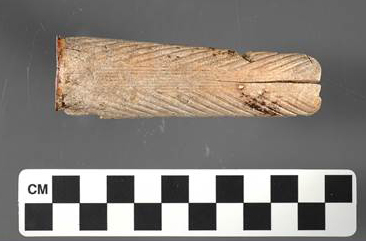
Venture Smith: From Slavery to Connecticut Businessman
How can a former slave prosper in a colony where slavery is legal?
Learn More
The Iron Industry of Northwest Connecticut
Would there have been a thriving iron industry in Connecticut without the geological and geographical advantages of the northwest corner?
Learn More
The Inventions of A. A. Hotchkiss And Sons
How did Sharon, Connecticut, manufacturers A. A. Hotchkiss and Sons contribute to major innovations in U.S. history?
Learn More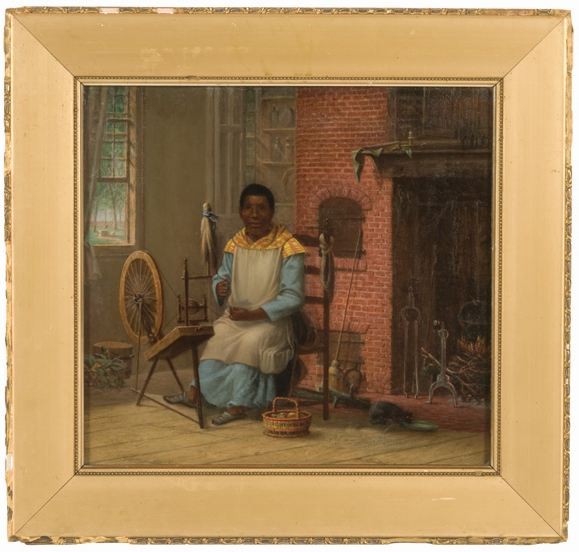
Abolition and African Americans in Connecticut
In what way did the abolition of slavery indicate progress, or decline, for the lives of African Americans?
Learn More


